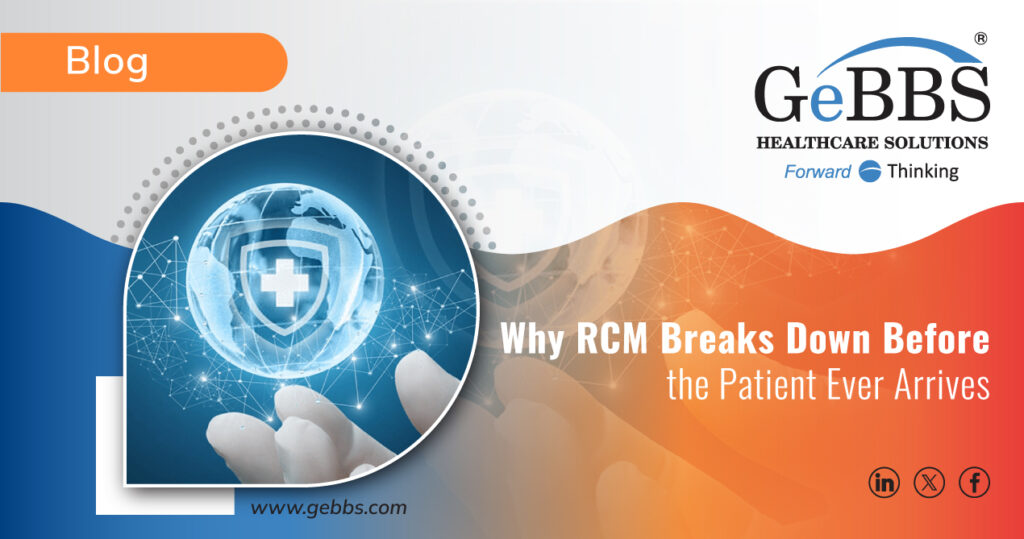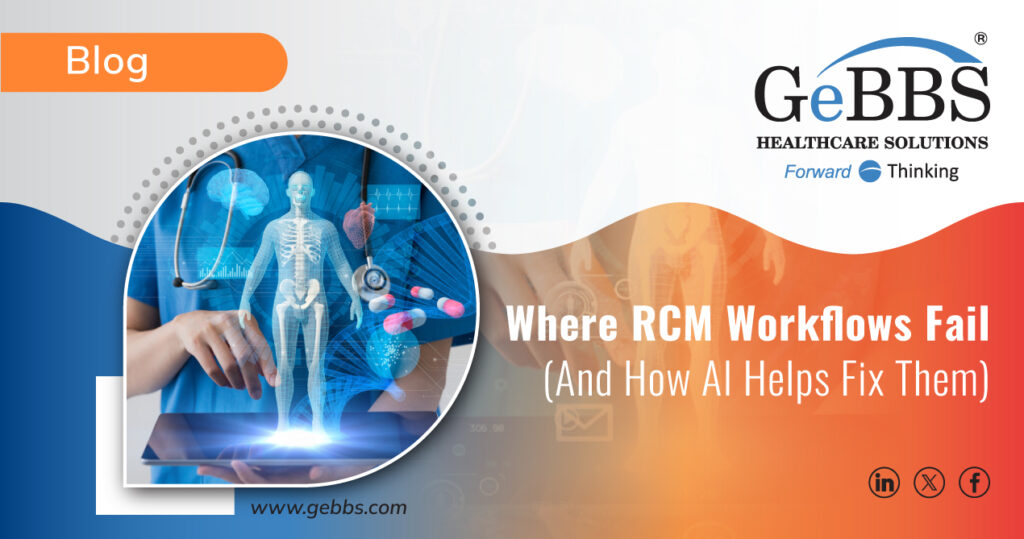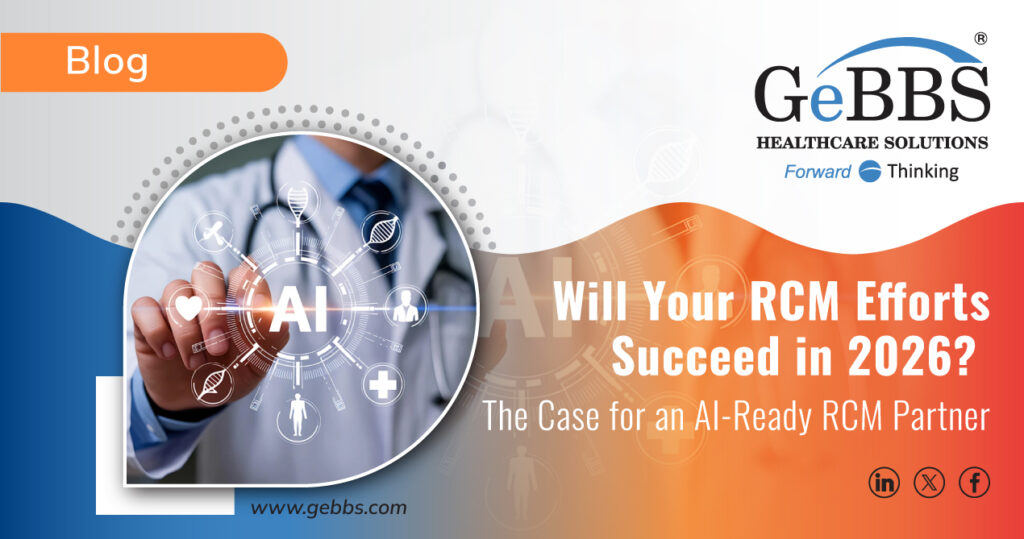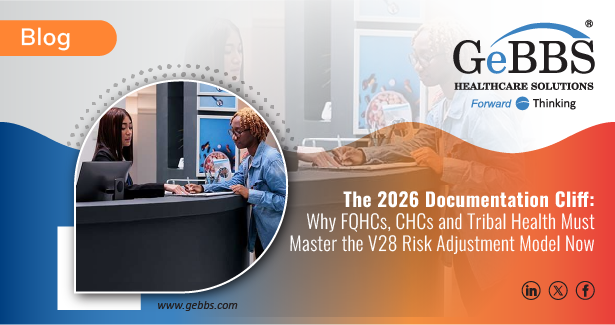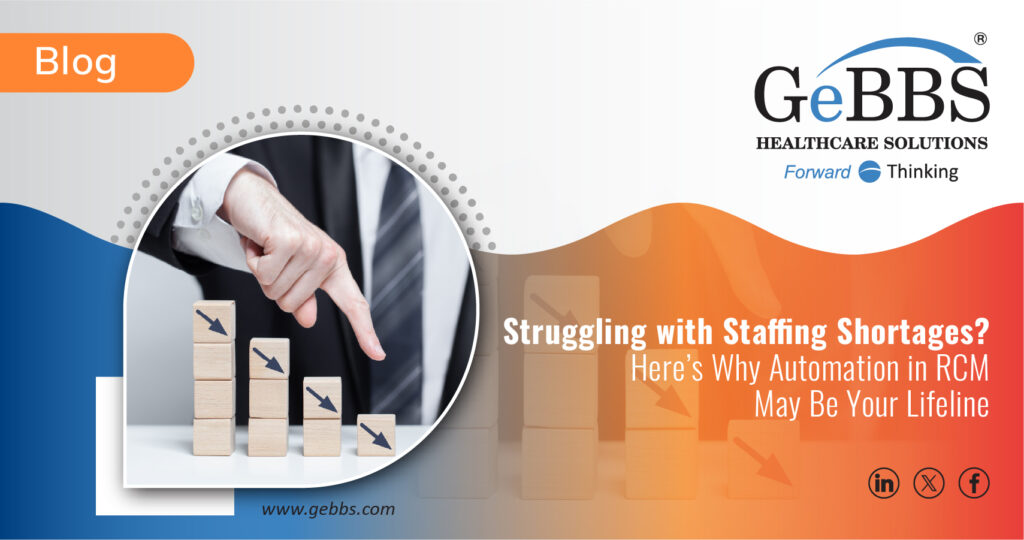The State of US Hospitals
Shrinking profit margins, reducing reimbursement rates and the uncertainties of healthcare reform have made operating a hospital a very risky business. Consolidation of small, rural hospitals into larger system has helped save many struggling hospitals, but others continue to lose money despite their best efforts to cut costs. In fact, between 2010 and 2018, 83 rural hospitals stopped providing inpatient care – a much-needed service for most communities.
With an aging population, how can we save our struggling healthcare system to ensure patients have access to the services they need to stay healthy? Experts have spent much of the past decade looking for answers without much promise. While many believe we need a miracle to solve this mess, what we really need is for healthcare organizations to work smarter, not harder.
AI to the Rescue?
To accomplish this, many organizations have turned to artificial intelligence (AI) to tap into machine learning, powerful algorithms and undiscovered truths that lie buried deep in the mounds of data generated by hospitals. AI has shown real promise in helping healthcare providers use the incredible amount of data available to improve the delivery and efficiency of healthcare. From supporting diagnostics to predicting imminent patient decline and mortality, AI is already making a major impact on the quality and value of health care.
And that impact isn’t slowing down any time soon. Reports indicate that AI in healthcare is here to stay – and may just hold the secret to helping hospitals improve their margins. Experts estimate that AI could actually save up to $150 billion over the next 7 years. As reported in detail by Accenture, top opportunities for AI to transform and reduce expenditures in healthcare include the following unique applications: robot-assisted surgery (valued at $40B); virtual nursing assistants ($20B); automated image diagnosis ($3B); fraud detection ($17B), dosage error reduction ($16B) and administrative workflow assistance ($18B), among numerous others.
AI in Medical Billing & Coding for a Healthier Revenue Cycle
For hospitals, the “administrative workflow assistance” opportunity outlined in Accenture’s report can likely be found on the ground floor where dozens of coders and billing experts may sit – probably in an area that previously housed rows and rows of paper medical files. In many cases, these mission-critical medical coders and billing experts still use highly manual processes to ensure records are properly documented, coded and submitted as claims to payers – providing a promising opportunity for AI to enhance efficiency. We’re not talking about eliminating these valued billing and coding team members – AI will augment the work they are doing to improve efficiency and accuracy.
When it comes to supporting medical coding and billing, artificial intelligence is being used not only to help unearth key data points from the EMR that lead to accurate HCC coding, it’s also being used in new ways to support a healthier revenue cycle for hospitals. Predictive analytics paired with AI can sift through massive amounts of data to identify which patients or accounts are most likely to pay their bill. Getting into the weeds of historical and current data, these innovative technologies can glean critical information the human eye would never unearth. Healthcare organizations that adopt such technologies can improve efficiencies, improve their revenue cycle, and even improve the patient experience without investing in new staff, training or infrastructure.
GeBBS Healthcare Solutions was recently named an Innovator in Artificial Intelligence by the 2019 Business Intelligence & Artificial Intelligence Conclave for its intelligent auto coding tool, iCode which combines sophisticated data analytics, suspecting/prospecting and data visualization along with medical coding and auditing workflow. Intelligent Code (iCode) utilizes AI infused CAC, Machine learning algorithms such as association rule mining and decision tree induction to discover classification rules for specific targets. To learn more about how GeBBS’ technology enabled solutions can support your revenue cycle operations, click here to Request for Consultation.

